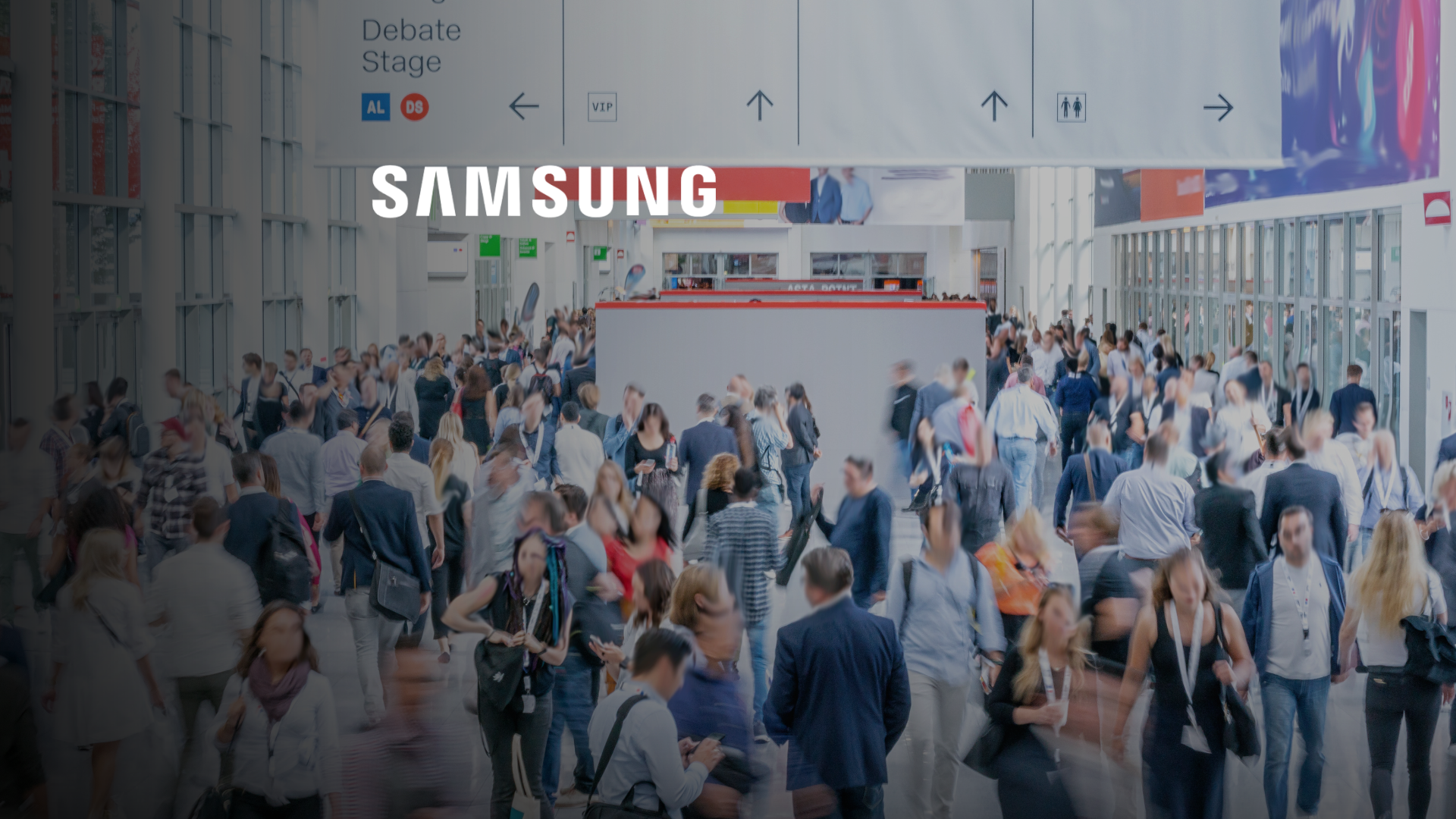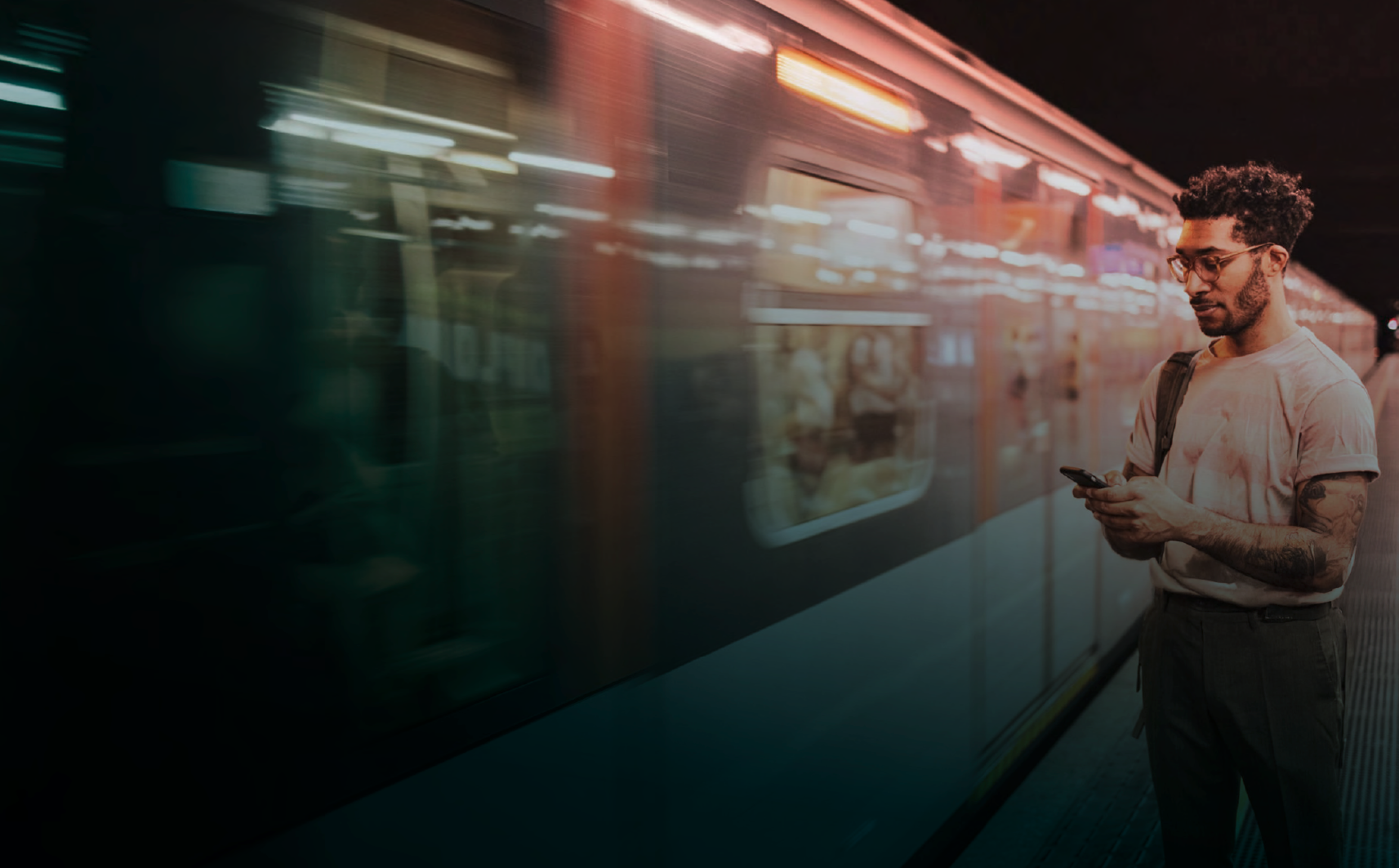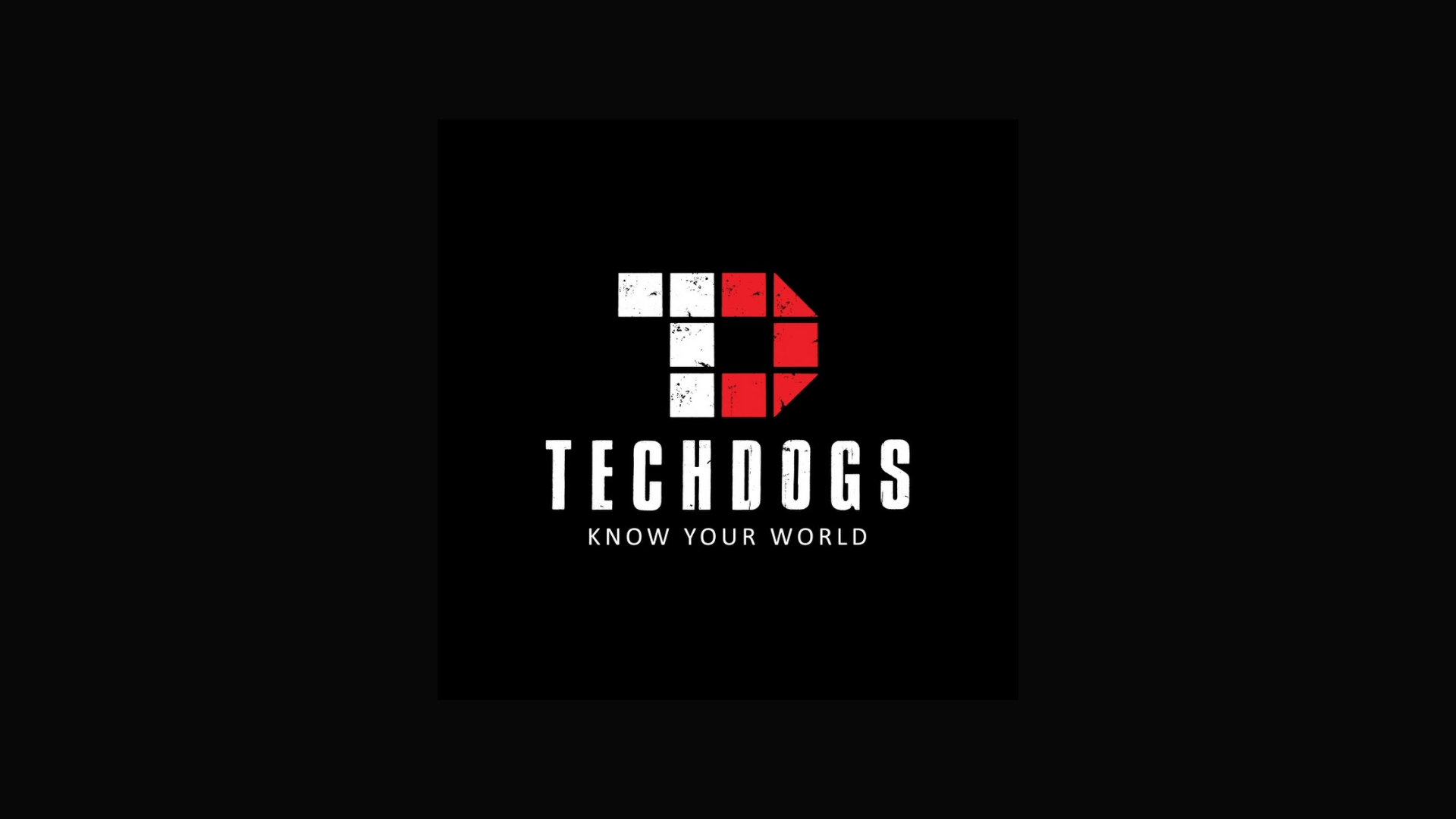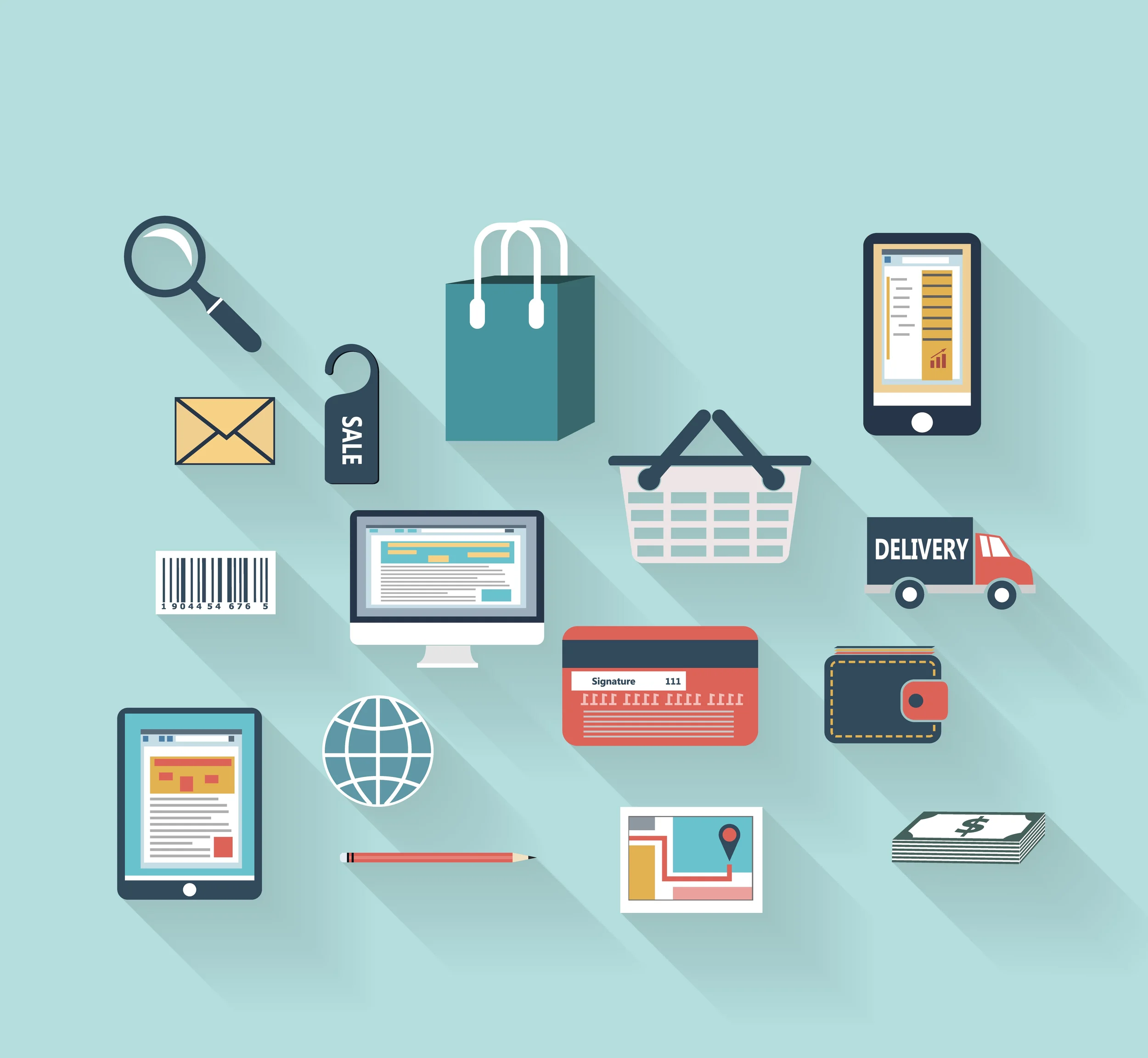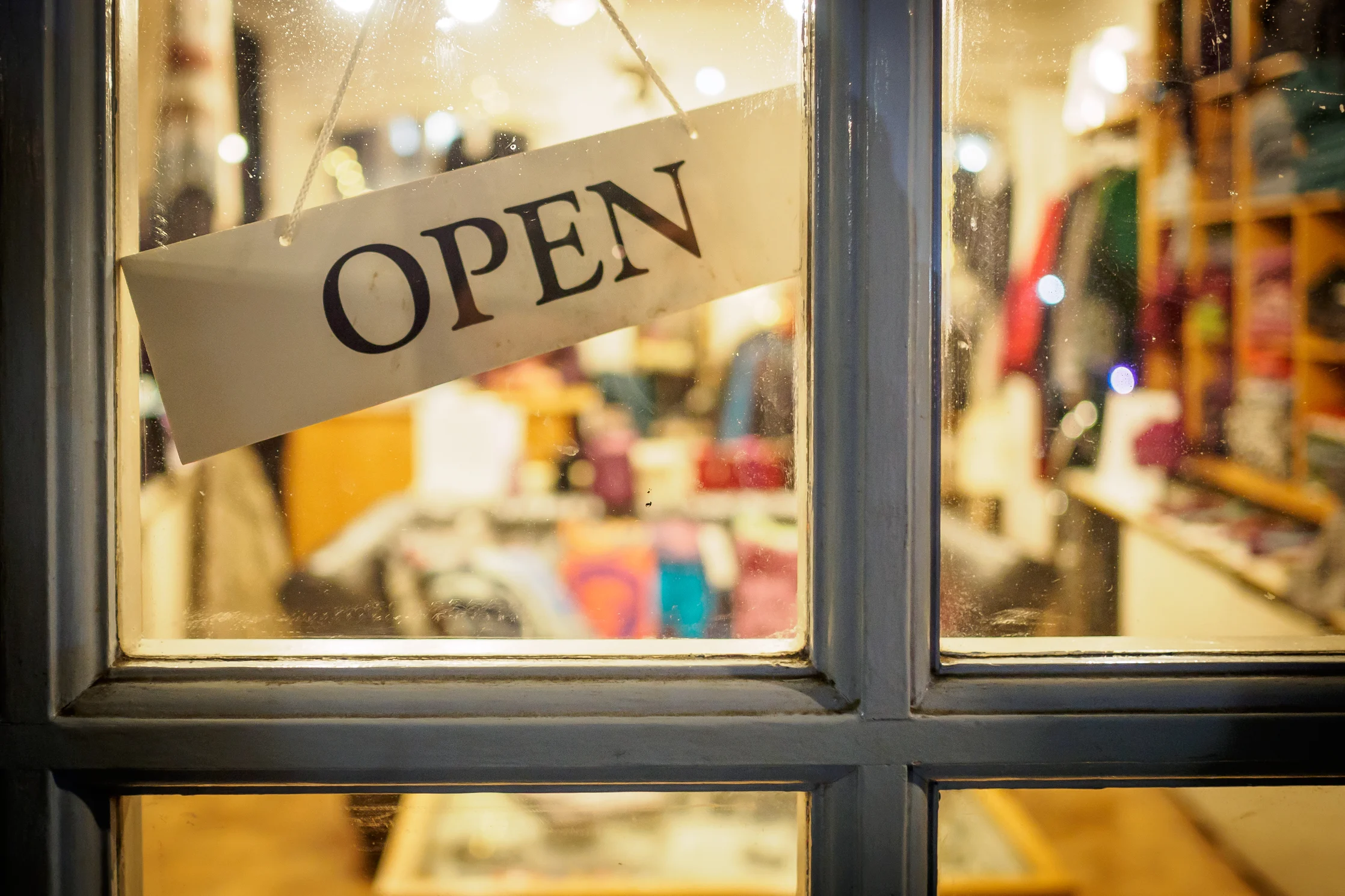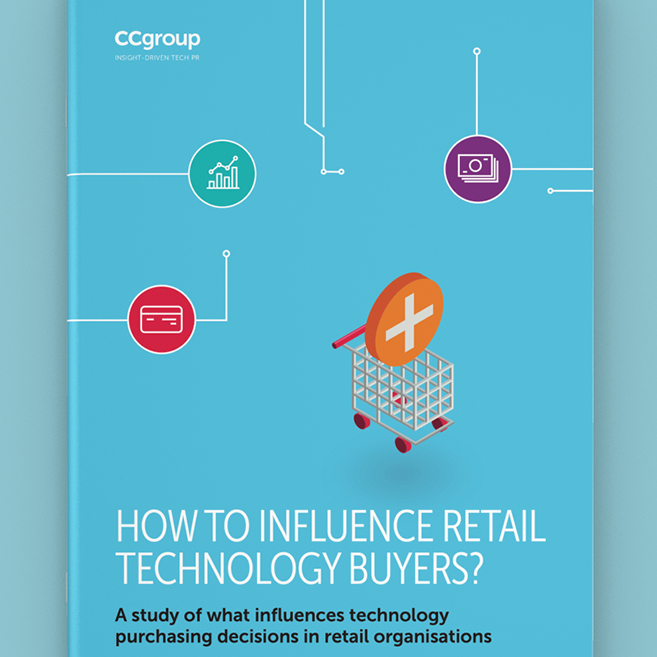As PR people, we love it. It’s both a great thought leadership exercise for our clients and a way to secure some last quick wins before the end of the quarter. But with Quartz talking about the top 21 biggest retail trends, Retail Customer Experience citing 9 off-the-radar predictions and Forbes listing its top 10, as a reader, it is hard to know which way to look!
So, I have done the job for you and, based on conversations with our clients in the retail technology space, I’ve summarised what we at CCgroup think are the top 5 retail tech trends to keep an eye on in 2019.
1. Algorithms will take control – what puts Amazon ahead of the competition? Data. Amazon has more data on more customers than any other retailer, and this is what the company uses to build tailored experiences and target its customers effectively to drive conversions and purchases. AI, machine learning and chatbots have all been spoken about this year but, in 2019, we should see an increasing number of these technologies implemented among high street retailers in order to keep up with the online retail giant.
2. Experiential is everything – to get shoppers in-store, up the experience. According to a study Mood Media released earlier this month, 78% of shoppers globally say an enjoyable in-store atmosphere is a key factor in their decision to choose in-store over e-commerce. Sensory experiences drive 9 out of 10 shoppers back to stores too. No doubt we will see retail stores becoming more of an ‘onsite experience location’ in 2019. Topshop Oxford Street is already doing this with its piercing bar and Waitrose with its wine bars.
3. Fulfilment consolidation – this year, more brick and mortar stores will roll out multi-purpose fulfilment locations where they will use their stores for both fulfilment and retailing according to our client Santosh Sahu, CEO of On the dot. This will help retailers create better experiences for their customers through the offer of same-day or next-day delivery which is increasingly, what we all crave. Retailers will also start to recognise they can’t go it alone any longer so we will likely see more consolidation across the retail space, building on the partnership with Sainsbury’s and Argos we saw last year.
4. Sustainability – issues surrounding food waste and plastic pollution have been making headlines this year, leading to innovations such as biodegradable wrapping and retailers like Waitrose making changes to reduce their environmental footprint. In 2019, leading retailers and brands will go beyond just thinking about reducing waste and start investing in technology and materials that can help make a more positive and tangible contribution. IKEA is the first to make a move this year with the launch of its new leading sustainable store in London.
5. Autonomous last-mile delivery – as a consumer, last-mile delivery is not something we think about. The only thing we care about is receiving the item we purchased as quickly as possible. But if today we are able to go for the same-day or next-day delivery option, it’s thanks to its evolution over the years and the investment that the transportation and retail industry has made. And it is set to continue. Being the most expensive and least efficient part of the supply chain, retailers are looking for ways to support hundreds of thousands of deliveries every day while keeping the costs down. With the recent developments in artificial intelligence, a range of different autonomous delivery methods such as drones and robots have emerged and are being tested. 2019 might not be the year where we see drones flying around the city, but we will most likely see more brands announcing trials of these methods.

